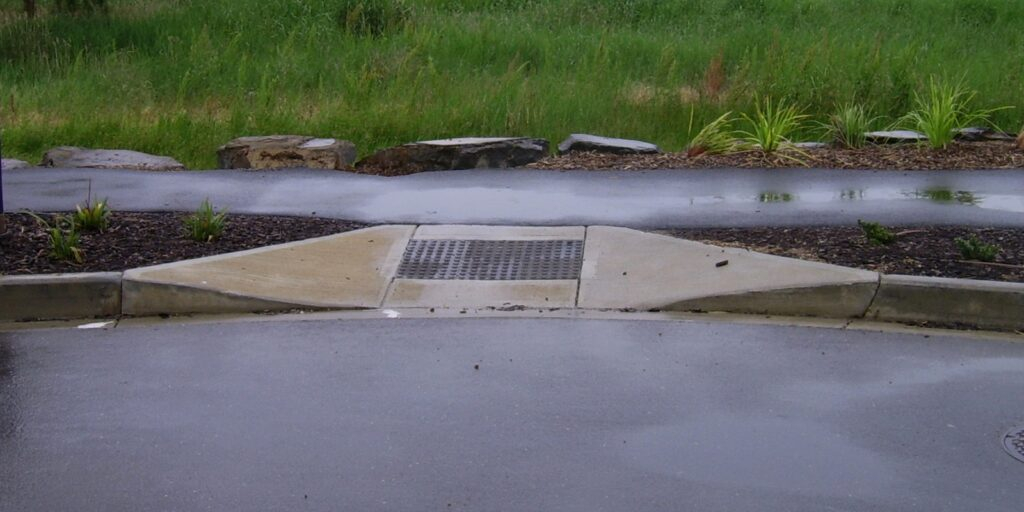Curb Cuts, Universal Design, and the Creation of a Welcoming R Community
In 1971, the city council of Berkeley, California authorized the construction of curb cuts at fifteen high-traffic street corners. This came after years of protests by disability rights activists, who argued that sidewalks without curb cuts were discriminatory because those in wheelchairs could not traverse them.
After these curb cuts were built, people began to realize that they helped not only those in wheelchairs, but everyone. As Deborah Kaplan told the podcast 99 Percent Invisible,
What was originally thought of as something just for people in wheelchairs ended up being just taken for granted by everybody and used in ways that weren't even originally anticipated for the benefit of of many many more people than originally thought of.
When I asked last week on Twitter how it was that R had developed such a welcoming community, I was overwhelmed with the response. One thread within these responses really stuck out: the presence of women and other people underrepresented in the tech world. Heather Nolis was the first to push this idea.
HYPOTHESIS: Coming up through biostats there are more women. Women are supportive and welcoming. So tech ft woman is more supportive and welcoming.
— heather, a gay, (@heatherklus) April 3, 2019
Several people highlighted the work of R-Ladies in particular in creating a welcoming atmosphere in the last few years (because, as several people pointed out, the R community was not always so welcoming). R-Ladies describes its primary focus as:
... supporting the R enthusiasts who identify as an underrepresented minority to achieve their programming potential, by building a collaborative global network of R leaders, mentors, learners, and developers to facilitate individual and collective progress worldwide.
R-Ladies began as part of an effort to get women and other gender minorities more involved with R. Within the R community today, there are many prominent women leaders in the R community. Women have played a huge role in shifting the R community from a hostile one (it was noticeable than several women chimed in to agree that old R mailing lists were hostile while only one person — a man — sought to defend them) to one that is incredibly welcoming.
You absolutely can learn a lot on your own & don't be afraid to reach out for help. :) The global #Rstats community is so helpful (esp. @RLadiesGlobal). Best wishes for the summer. Remember that small steps are important & don't forget to celebrate the victories! https://t.co/8PFnO7Jkts
— We are R-Ladies (@WeAreRLadies) April 8, 2019
But the impact that women have had in creating such a welcoming R community goes well beyond this group. I'm a straight white male, but I have benefitted immensely from the work of R-Ladies and other groups that work to create a safe space for all to learn R. When I started to learn R, I found an incredibly welcoming community of users. I was able to ask questions and get answers from experienced users eager to help a newbie like me.
This is a great example of universal design. As the Ireland-based Centre for Excellence in Universal Design defines it (emphasis added):
Universal Design is the design and composition of an environment so that it can be accessed, understood and used to the greatest extent possible by all people regardless of their age, size, ability or disability. An environment (or any building, product, or service in that environment) should be designed to meet the needs of all people who wish to use it. This is not a special requirement, for the benefit of only a minority of the population.It is a fundamental condition of good design. If an environment is accessible, usable, convenient and a pleasure to use, everyone benefits.By considering the diverse needs and abilities of all throughout the design process, universal design creates products, services and environments that meet peoples' [sic] needs. Simply put, universal design is good design.
Disability activists in Berkeley in the 1970s created something whose impact goes well beyond the original population it was intended to benefit (as a father who often pushes my three year-old twins in a double stroller, I'm immensely grateful for them). And, to the degree that women and others have successfully created a welcoming community in order to avoid reliving so many other environments where their voices were (and are) marginalized, all of us have benefitted.
If you're an R newbie, you now get to benefit from this welcoming community as well. Ask a question on Twitter, join the R for Data Science Slack community, attend a local R event. And when you do so, pause for a moment to appreciate that women and other underrepresented folks have been instrumental in creating the community from which we all benefit.
Sign up for the newsletter
Get blog posts like this delivered straight to your inbox.

You need to be signed-in to comment on this post. Login.